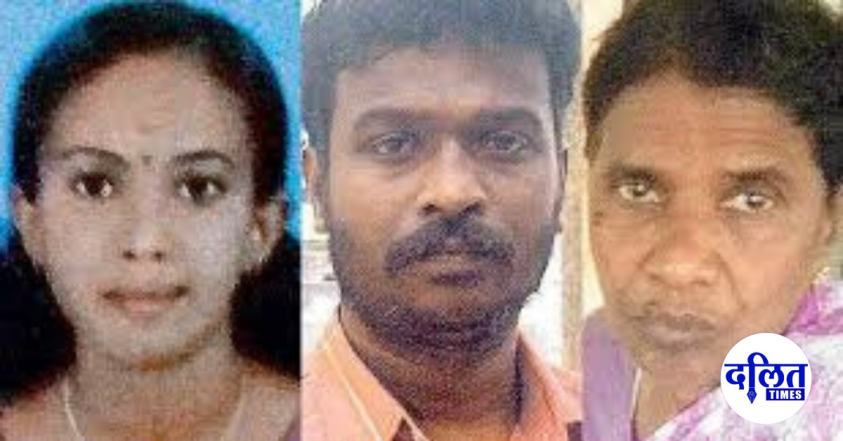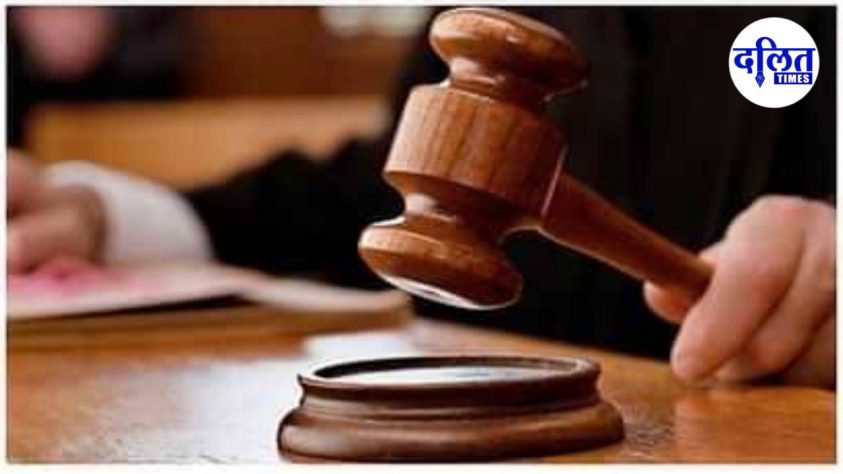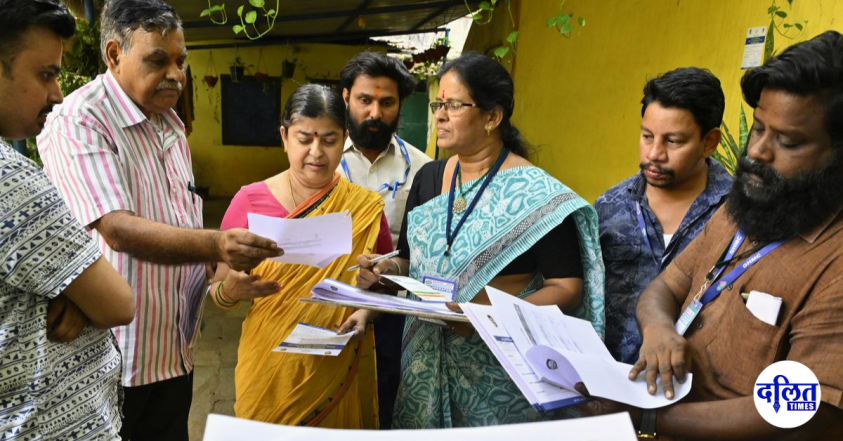Ambedkar’s fight against the Congress’s political tricks and the late award of his Bharat Ratna shows the system’s pushback he dealt with. In contemporary times, people honour B.R. Ambedkar as a fighter for social fairness, whose work has made an indelible impact on Indian society.
Story : Avani Kulshrestha
Edit : Sushma Tomar
Dr B.R. Ambedkar, born Bhimrao Ramji Ambedkar, stands as a public figure crucial to the country’s history. People know him for fighting for the rights of those pushed to the edges of society. He played a key role in writing India’s Constitution. Even with all that he did, Ambedkar ran into roadblocks from the Indian National Congress. They tried to limit his sway in politics and society. The Congress party tried to stop Ambedkar during the general elections. With the use of money as well as political influence, the Congress played a major role in limiting Ambedkar’s wins deliberately.
Also Read : Dalit Youth Assaulted: Youth Congress Leader Among Accused
Ambedkar had strong backing from Dalits and other groups that society looked down on, but it was because of other factors that were in play that Ambedkar did not get enough political representation through elections. The Congress adopted various strategies to neutralise Ambedkar’s influence, including putting strong politicians against him in elections. This political game showed the bigger fight Ambedkar had. He wanted to bring fair treatment and equal opportunities for everyone.
Besides losing elections, Ambedkar was prevented from getting the Bharat Ratna, India’s highest civilian award, while he was alive. This oversight stood out considering how much Ambedkar did for the country in creating the Constitution, which set up modern India’s democratic and social structure. Only after he died, in 1990, did Ambedkar finally receive the Bharat Ratna. Many people think this recognition came way too late.
Even with these setbacks, Ambedkar’s story also has moments of strong support. For example, M.R. Jayakar, a well-known lawyer and politician, gave up his seat to let Ambedkar join the Constituent Assembly. 22nd July 1947, Dr. Baba Saheb Ambedkar was re-elected to the Constituent Assembly in the vacancy caused by M R Jayakar’s resignation. That time Dr #RajendraPrasad wrote a letter to Chief Minister of Mumbai State Shri B.G. Kher asking him to ensure election of Dr Ambedkar from the state. Follow this Shri Jayakar resigned from the committee to pave for the election of Dr Ambedkar.
This move showed how much people valued Ambedkar’s skills and his ideas for India’s future. Jayakar’s choice highlighted why it mattered to have Ambedkar in the Assembly where he played a key role in writing a Constitution that aimed to end social unfairness and promote justice. Ambedkar’s ability to keep going despite political challenges shows how committed he was to changing the society.
Also Read : NEET UG 2024 Result Live: NEET center wise result was released, SC had given the order
Ambedkar’s fight against the Congress’s political tricks and the late award of his Bharat Ratna shows the system’s pushback he dealt with. In contemporary times, people honour B.R. Ambedkar as a fighter for social fairness, whose work has made an indelible impact on Indian society. His hardships motivate new generations to stand up for equal rights and justice. The political hurdles he faced, including those set up by the Congress, remind us of the toughness needed to revolutionise the society. Ambedkar’s impact goes beyond his legal and constitutional achievements. It’s also about his perpetual efforts to create a fair and equal society, despite hardships.



